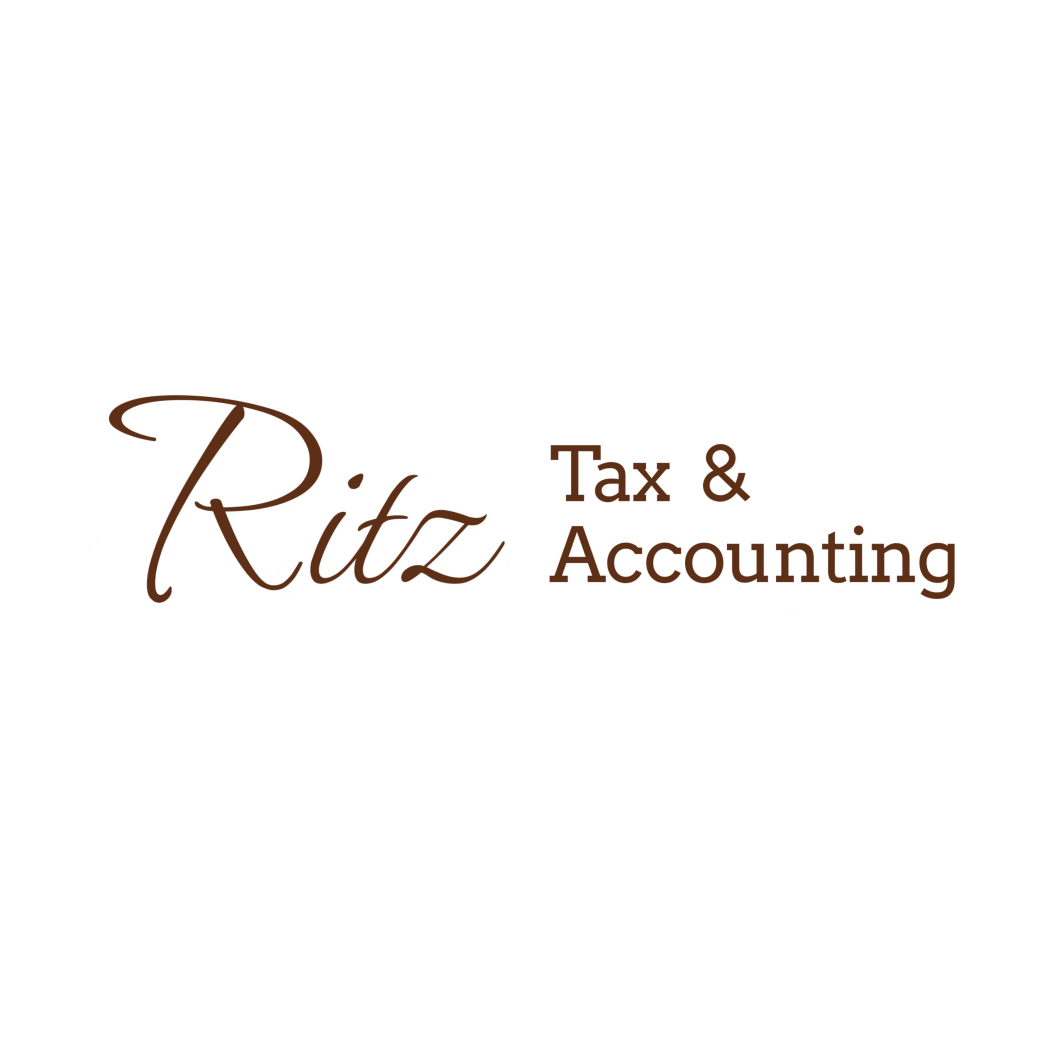There is a term Required Minimum Distribution (RMD) in retirement account. This is to prevent the intention to avoid tax obligations through financial products with tax benefits. It means that when you reach a certain age, don’t delay it anymore and start receiving distributions. These RMDs correspond to employer-sponsored retirement accounts, traditional IRAs, SEPs, or SIMPLE IRAs, etc.
There is a Required Minimum Distribution (RMD) for retirement account. It exists because the IRS want to prevent individuals from avoiding paying the deferred tax liability. It means that when you reach a certain age, don’t delay it anymore and start taking distributions. RMD applies to an employer-sponsored retirement plan, traditional IRA, SEP, or SIMPLE IRA.
The age at which you need to start receiving these RMDs is changed over two times. It is currently applied from the age of 72, but it will be 73 years old from 2023, and it will be changed from 2033 to 75 years old again. This applies to 401(k), 401(b), and IRAs, but not to Roth IRAs. Also, from 2024, designated Roth 401(k) account holders will no longer have RMD obligations.
These changes are positive in that some of the constraints on retirees’ money management are eased. If you have spare funds for your life, it will help in that you can earn more time for retirement assets increase. From the government’s point of view, it may want to expand the private retirement account market considering the increasing life expectancy and the burden of Social Security Annuity financial resources.
For your reference, RMD calculates the fair market value of the retirement account by dividing it into life expectancy, and of course, it doesn’t matter if you withdraw more than the calculated amount. Sometimes, even if you reach that age, you may be able to confirm your eligibility from your employer and then postpone your RMD start until you actually retire..
If it’s an inherited IRA, it can be a little complicated. If the original account owner die after the end of 2019, due to the revision of the tax law, you may be required to withdraw your entire account amount within 10 or 5 years by the beneficiary type. This is also to prevent abuse of the tax deferment effect of an IRA.
Most retirees withdraw from their retirement accounts before RMD is applied, and they live on retirement funds, so they are less likely to be penalized for not following these laws. However, I think that having a good understanding of the RMD regulations will be the basis for efficient retirement planning in old age.
